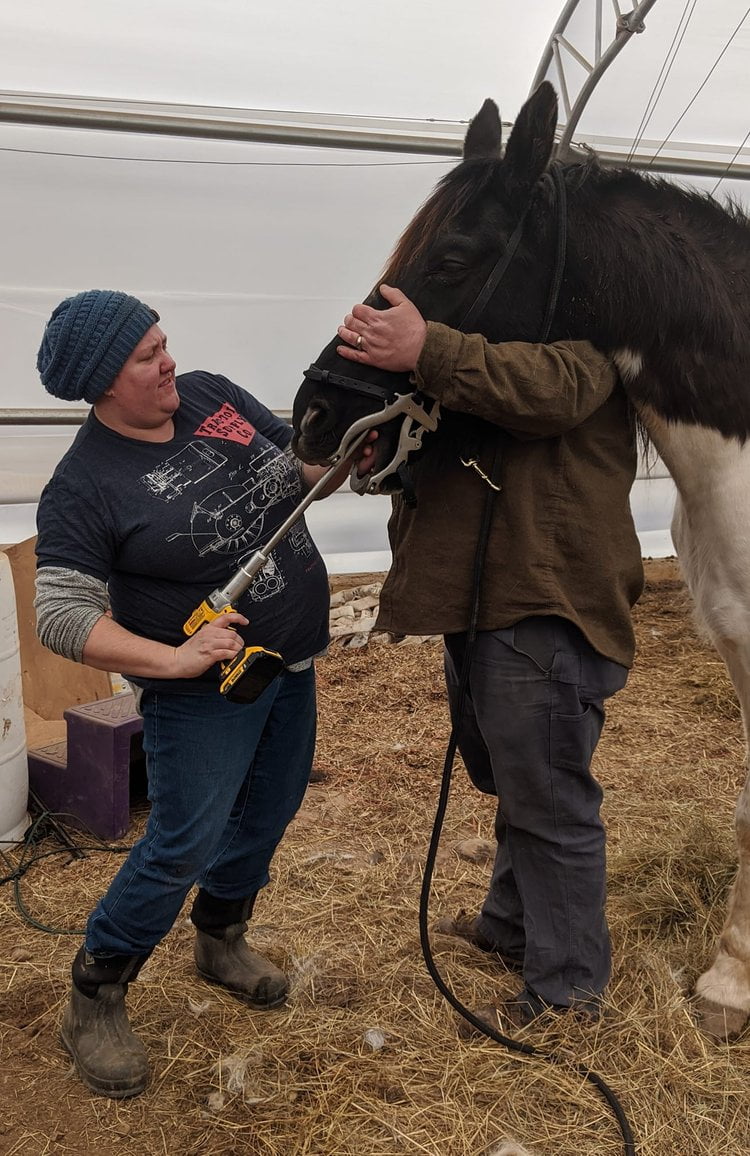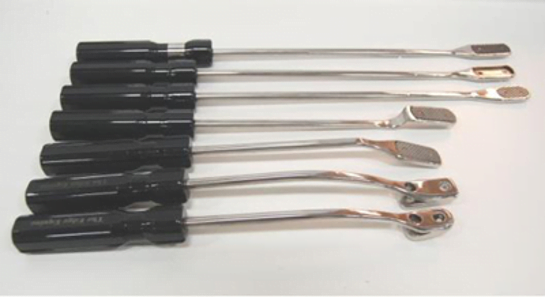
How often do you think about your horse’s teeth? Probably not often. The truth is, that your horse’s teeth need attention just like yours do. A horse’s teeth are vital to his ability to chew and consume food and subsequently to his health and well-being.
Horse teeth are different than human teeth. Unlike human teeth, adult horse teeth grow continually throughout their life. This means that horses are predisposed to having issues with overgrown teeth.
Unlike human teeth, horse teeth have the enamel on the inside and the cementum on the outside. Horse teeth are stained compared to human teeth because the cementum takes up pigments from the plants they eat. The enamel creates the ridges that help the horse grind it’s food.

Additionally, normal horse anatomy predisposes the tooth to developing sharp points. The horse’s top jaw is slightly wider on the top than it is on the bottom. This means that sharp points will develop on the outside of the upper teeth and on the inside of the lower teeth because they are not in exact opposition.
Here is an example of sharp points on the edges of a horse’s teeth. Can you imagine chewing with those sharps points pinching your cheeks?

In order to fix this issue, a veterinarian uses tools to file the sharp points. This is called floating. Hand tools that resemble tiny hoof rasps are the traditional method for reducing sharp points. Even better, are power tools, designed specifically to remove sharp points. These make removing points much faster and less stressful for the animal.


Some signs that your horse may need floating to remove sharp points include holding the head at different angles while chewing, dropping food from the mouth, difficulty bridling and performance or training issues.
Here is a picture of the same horse after having its teeth floated. See how much smoother the teeth are?

Routine floating will need to be done yearly in most horses. When your horse gets spring vaccines is a good time to have the vet also check the teeth. Some horses need to be floated every 6 months. The frequency will depend on your horse’s age, lifestyle and feeding program. By taking care of your horse’s teeth regularly, you can ensure that his teeth will last a long time.
As always, if you have questions about your horse’s teeth or when they should be floated, contact your veterinarian.
Emily Dutton
